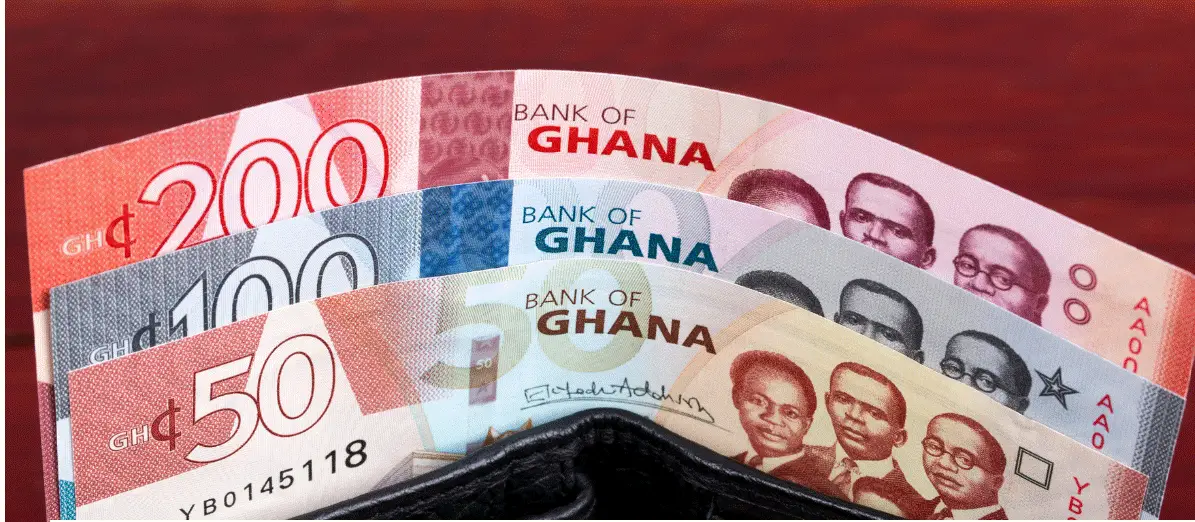
The honey badger is one of the most interesting characters in the animal kingdom. I came across this creature on the animal world channel for the first time in a documentary and it has remained a fascinating character for me. It is a medium-sized mammal (a little bit longer than a grasscutter) with thick skin, sharp claws and has a good sense of smell. It is also called ratel and it’s native to Africa and Asia.
It got its name, the honey badger, from its unrestrained love for honey as it would do anything including climbing and entering holes in trees for honey despite bees’ sting. It is known for its toughness, intelligence, determination, resilience and resourcefulness. This little creature is worth studying as it has a lot to teach mankind for survival.
One of the areas of business that holds the key to its survival in a competitive world is sales and marketing. Without a thriving salesforce, no business can thrive irrespective of the support system in place. A lot more people shy away from sales because it is considered as battlefield for a business and a hard ground. The qualities needed to succeed in sales I believe can be traced in honey badger through its approach for survival, therefore becoming a role model for developing winning sales attitudes and strategies for the average sales professional in Ghana and elsewhere. This article therefore seeks to draw an analogy between the honey badger and a professional salesman.
Understanding the Honey Badge
The honey badger is a medium-sized mammal with a robust build, sharp claws, and an incredible sense of smell. Its thick, loose skin serves as natural armor, making it difficult for predators or prey to harm it. Its fearless attitude allows it to take on creatures much larger than itself, including venomous snakes and even lions. It is considered nature’s resilient predator.
In hunting, the honey badger is a master strategist. It uses persistence and intelligence to locate and secure food, often digging deep into the ground or breaking through barriers to reach its prize. Its ability to adapt to its environment ensures its survival in some of the harshest terrains, from dry savannahs to dense forests.
For sales professionals, this combination of fearlessness, resilience, and adaptability mirrors the qualities needed to thrive in a challenging and ever-changing market. Without courage, the salesman would often look at the assigned target as mountainous and may often find reason not to achieve citing impossibilities. No matter how daunting the target may be, the fearless salesman would always make a headway.
- Resilience: Bouncing Back from Setbacks
One of the honey badger’s defining traits is its resilience. When attacked, it doesn’t retreat or surrender—it fights back, no matter how tough the opponent. Similarly, in sales, setbacks such as customer rejection, unmet targets, or fierce competition are inevitable. A resilient salesperson sees these challenges as opportunities to learn and improve, not as failures. A young entrepreneur in Accra selling locally made fruit drinks for example may face initial resistance from customers accustomed to imported brands. Instead of giving up, she/he may press forward by using another strategy where samples can be offered free of charge to clients so they can judge for themselves the taste of these drinks. A thriving business can be made out of clients who would endorse the taste and make recommendations thereafter.
- Fearlessness: Moving Forward in the Face of Challenges
The honey badger’s fearlessness enables it to tackle daunting tasks, such as confronting venomous snakes for a meal. In sales, being fearless means having the confidence to approach high-value clients, negotiate deals, or try unconventional methods to achieve results. It means no target is too big to be avoided. I must admit however that not all targets would require same approach but the emphasis is that every target within your market is reachable and must be considered for prospecting. For example, a car dealer in Sunyani can win the contract for supplying Parliamentarians cars if they are not afraid to say that this is highly competitive and strategically make a move to compete, which would mean increased sales. I am guided by this quote in Latin “fortuna fortiter favet” which means “fortune favors the brave”.
- Strategic Thinking: Adapting to the Environment
The honey badger doesn’t rely on brute force alone; it’s a strategic thinker. It studies its environment, adapts its tactics, and uses its unique strengths to achieve its goals. The honey badger goes to the extent of intentionally going for snake/scorpion bites to toughen its skin and also develop antibodies against these antigens. This is in preparation towards future expedition in its environment. Sales professionals must do the same by understanding their target audience, adapting to market trends, and leveraging available resources. A thorough understanding of the sales environment is a key requirement for success particularly in highly regulated industries. A sales approach that integrates technology in the 21st Century environment is like record sustainable gains.
- Persistence: Never Giving Up
The honey badger is relentless in its pursuit of food, often digging tirelessly to uncover prey. If it smells food/prey in an ant-hill for example, it would dig until it reaches the prey; it doesn’t back-down. In one of the videos, the honey badger was seen beaten by large swamp of bees to the extent that it got swollen face but it didn’t give up due to the sweetness in the honey. It has the right motivation not to give up in any hunting expedition. This persistence is a valuable lesson for salespeople, who must stay determined and keep following up on leads until they close a deal. Remember, results matter not efforts. I will make reference to a quote by Martin Luther King Jnr which says “if you can’t fly then run, if you can run then walk, if you can’t walk then crawl, but whatever you do you have to keep moving forward.”
- Leveraging Unique Strengths: Standing Out in the Market
The honey badger’s unique physical attributes and fearless nature make it one of the most formidable animals in the wild. In sales, professionals must identify and leverage their unique selling points (USPs) to stand out from the competition. For instance, I know a fashion designer in Accra who has carved out a niche by utilizing traditional Ghanaian fabrics to make modern stylish outfits that is selling both locally and abroad. The strategy is using what sets you apart from the competition as selling proposition in customer persuasions.
Conclusion: Be the Honey Badger in Sales
The honey badger’s makeup and behavior provide helpful lessons for sales professionals. By embracing resilience, fearlessness, strategic thinking, persistence, and uniqueness, the average Ghanaian salesperson can face challenges head on, seize opportunities, and thrive in their markets. The right motivation could translate sales into a successful enterprise making it fun the sales team. The honey badger has the right motivation for food especially honey.
In a country where innovation and determination drive success, adopting the honey badger spirit can transform sales strategies and lead to remarkable results. Whether you’re selling in the busiest streets of Makola or the quiet towns of the Bono Region, remember: the honey badger doesn’t give up, and neither should you.
Writer: Gilbert Sebe-Yeboah, Head of Consumer Finance Department, Agricultural Development Bank Plc]
The post The Honey Badger: A role model for winning sales attitudes and strategies appeared first on The Business & Financial Times.
Read Full Story










Facebook
Twitter
Pinterest
Instagram
Google+
YouTube
LinkedIn
RSS